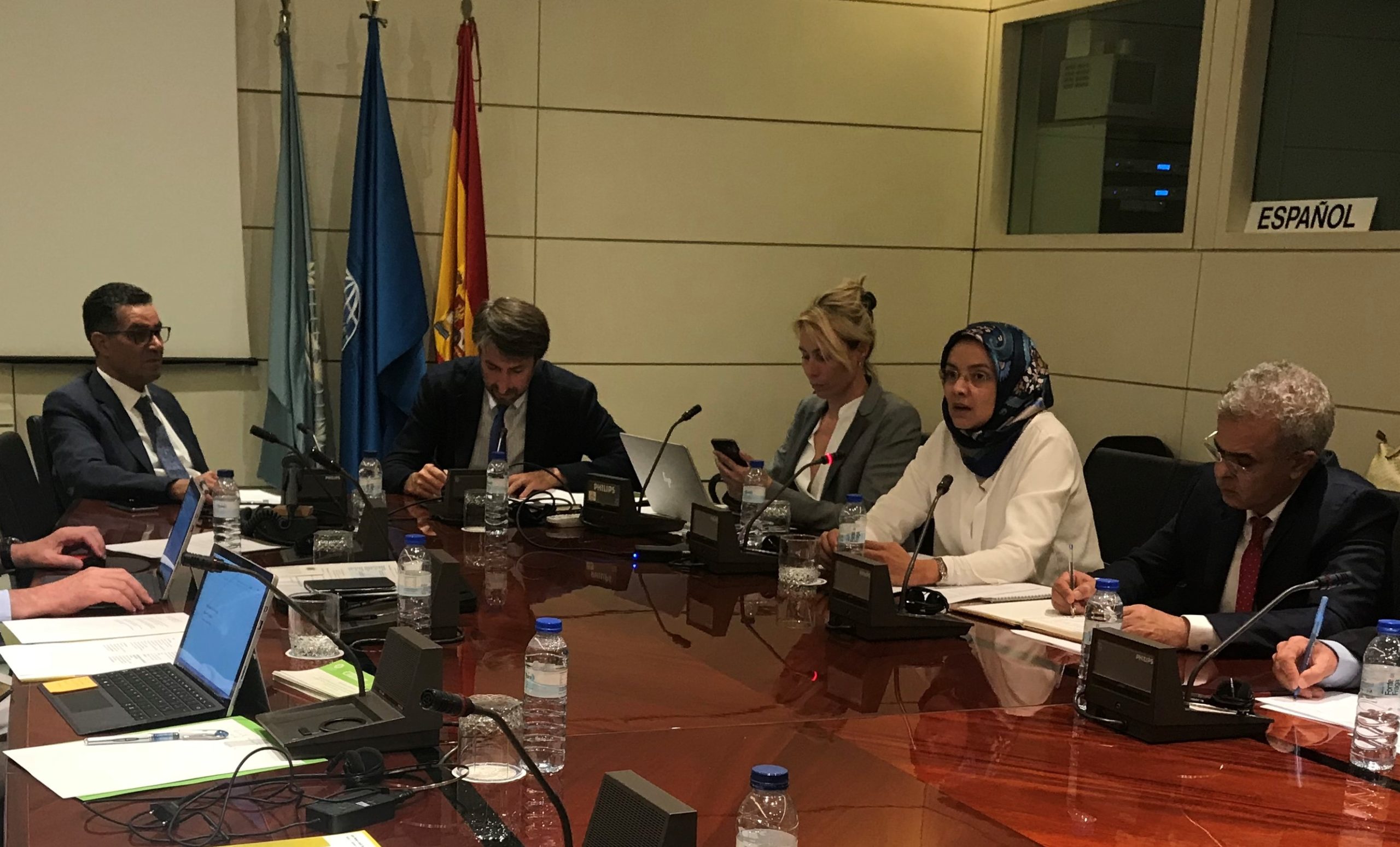

The website of the International Olive Council

The Executive Director of the International Olive Council (IOC), Jaime Lillo López, participated in the official press conference presenting the second edition of SOL Expo, which will take place from 1 to 3 March 2026 at...

The International Olive Council (IOC) participated in the 29th Session of the Codex Committee on Fats and Oils (CCFO), held from 9 to 13 February 2026 in Kuala Lumpur, Malaysia. For more than six decades, the IOC has worked...

Esta semana en el sitio web del Olive Health Information Service La newsletter de la Universidad de Navarra y el COI dedicada a la salud Artículo 1 La dieta mediterránea, con el aceite de oliva virgen extra como principal...
El COI y la Universidad de Navarra, a través de OHIS (Olive Health Information System), una plataforma dedicada a la investigación sobre las propiedades saludables del aceite de oliva y las aceitunas de mesa, publican semanal o quincenalmente una recopilación de artículos científicos y un resumen de las investigaciones realizadas en este ámbito.
Estos artículos ponen de relieve los numerosos beneficios para la salud de estos productos.
Puede leer los resúmenes de estas investigaciones aquí en francés, inglés y español y acceder a la lista de artículos, o visitar el portal de OHIS.
Para cualquier asistencia, póngase en contacto con iooc@internationaloliveoil.org.


Iniciativa inspirada en la dieta mediterránea para la cocina contemporánea
Saber más acerca de esta colaboración entre The Culinary Institute of America y el Consejo Oleícola Internacional para promover la elección de alimentos saludables, sostenibles y deliciosos, prestando especial atención a la formación técnica y la innovación en los menús para los chefs.